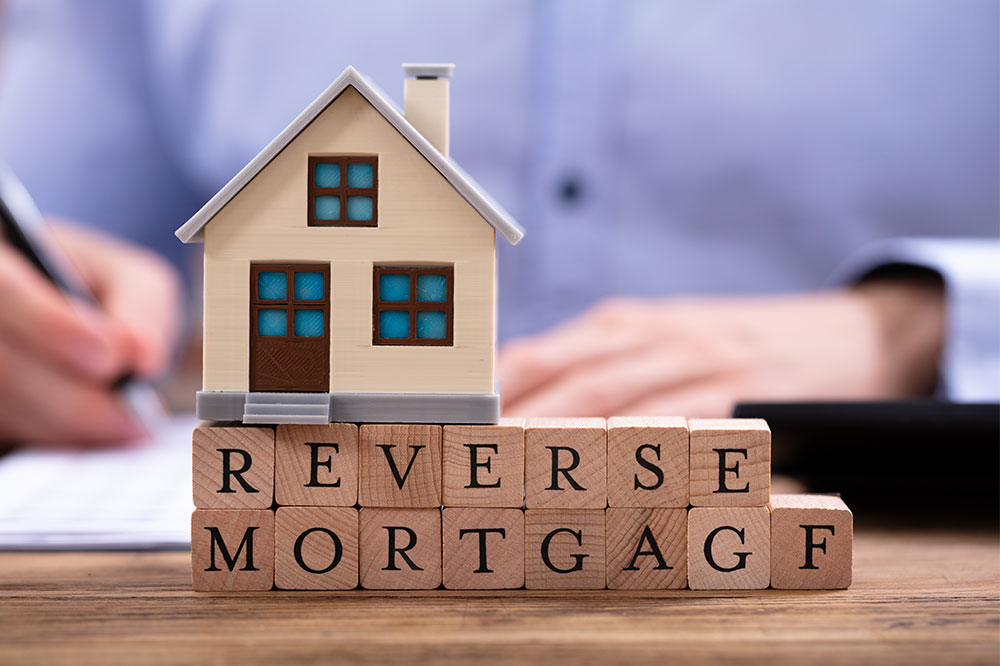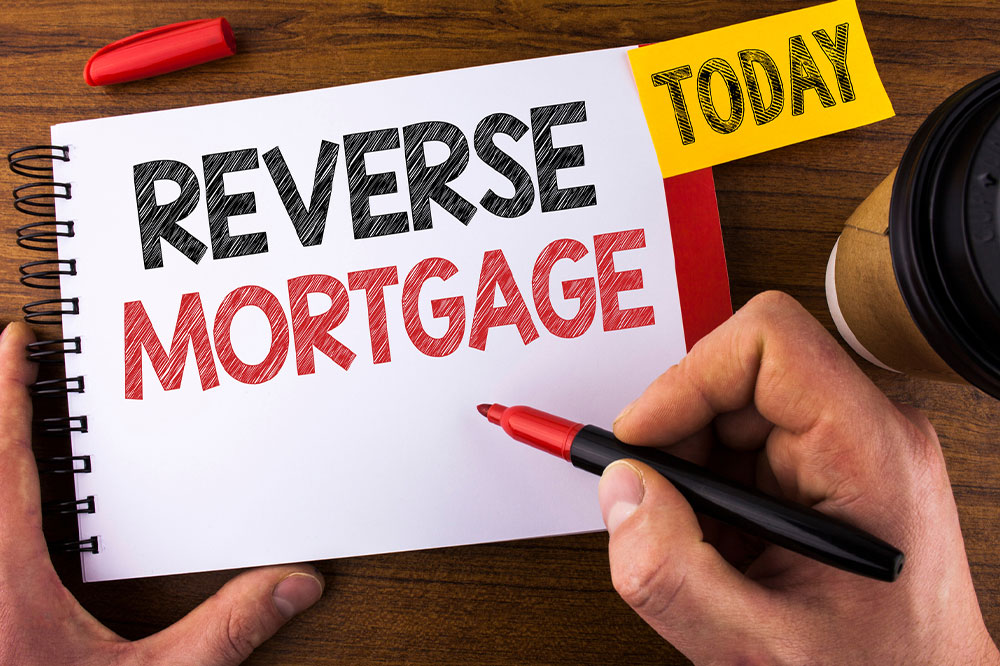A Guide to Qualifying for a Reverse Mortgage
Learn the essential eligibility criteria and types of reverse mortgages to assist seniors in accessing home equity safely. This guide covers age requirements, property ownership, debts, and counseling must-knows, along with the main reverse mortgage options available, including private, single-purpose, and federally backed HECMs. Make informed decisions about leveraging your home for financial stability.
Sponsored

Understanding how to qualify for a reverse mortgage can help seniors access their home equity to support their financial needs. This loan type offers flexible repayment options, giving homeowners greater control over their funds. However, strict eligibility rules are enforced by the government. To determine if you qualify, it’s important to review the specific criteria and available reverse mortgage options.
Eligibility Requirements for Reverse Mortgages
The primary homeowner must be at least 62 years old. If your spouse is younger, you might still qualify if other conditions are met.
You need to be the main resident of the property. Vacation homes and rental properties are not eligible.
You must own the home outright or possess at least 50% equity. Any existing mortgage should be manageable for repayment.
You should not be delinquent on federal debt, such as taxes or student loans. The reverse mortgage funds can be used to clear these debts if necessary.
You need sufficient funds or be prepared to use the loan proceeds to cover property taxes, insurance, and maintenance costs.
Before proceeding, you must consult with a HUD-approved reverse mortgage counselor to understand the process and implications.
Types of Reverse Mortgages
Knowing the different types of reverse mortgages can help you choose the best option for your situation.
Proprietary Reverse Mortgages
Designed for homeowners with high-value properties, proprietary reverse mortgages provide larger loan amounts. These are private loans not backed by the government.
Single-Purpose Loans
Less common, these loans are typically offered by non-profit organizations or local agencies, and must be used for a specific purpose, such as home repairs.
Home Equity Conversion Mortgages (HECMs)
The most popular choice, HECMs are federally insured by HUD. They offer flexible fund use, though with higher initial costs.






